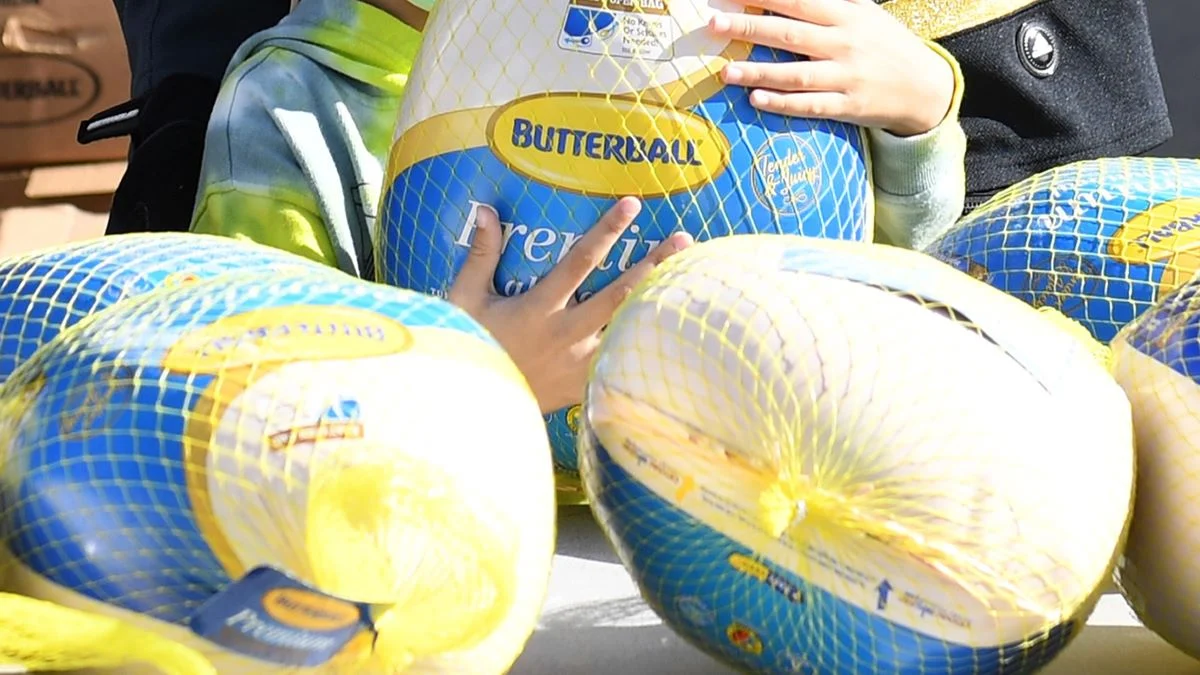Thanksgiving is synonymous with food, family, and relaxation for most people, but for organizations like PETA (People for the Ethical Treatment of Animals), it’s a time to spotlight issues surrounding animal cruelty. This year, PETA’s allegations against Butterball, one of the largest turkey producers in the U.S., have many questioning what’s really on their plate this holiday season.
The Allegations Against Butterball
PETA recently revived alarming accusations against Butterball, releasing an Instagram video that claimed to expose shocking abuses within the company’s operations. Captioned “Do you know what happened to your Butterball turkey before they were killed?” the video highlighted an undercover investigation conducted at Butterball’s Ozark, Arkansas, facility.
The footage, which PETA referred to as evidence from the “Butterball House of Horrors,” depicted appalling acts of abuse. It included testimony from the investigator, who detailed sexual and physical mistreatment of turkeys by employees. Alleged acts included workers sexually violating the birds and violently killing them—one instance involved stomping on a live turkey’s head until it exploded. The investigator kept a detailed log, documenting daily accounts of cruelty.
However, what PETA did not initially clarify is that this footage dates back to 2006. Despite the dated nature of the investigation, its resurfacing has reignited concerns, leading some consumers to boycott Butterball products this Thanksgiving.
Is Butterball Turkey Safe to Eat?
Butterball has responded to the revived allegations, emphasizing that the incidents occurred well before the company became privately owned and before its partnership with American Humane for certification. In an emailed statement to media outlets, Butterball maintained:
- “Animal care and well-being is central to who we are as a company.”
- “We now adhere to over 200 science-based standards of care for turkeys, audited annually by third parties.”
Butterball also assured customers that their turkeys are safe for consumption and denied any recall rumors. However, PETA president Ingrid Newkirk dismissed these assurances, calling the American Humane certification a “sham.”
What Does This Mean for Thanksgiving?
While Butterball asserts that its practices have evolved since 2006, the resurgence of this footage has left many consumers uneasy. For those planning to serve turkey, the debate isn’t just about safety—it’s about conscience. Whether Butterball has truly reformed or not, the allegations have brought attention to the broader issue of animal welfare in the food industry, prompting more people to consider alternatives or scrutinize their holiday choices.

